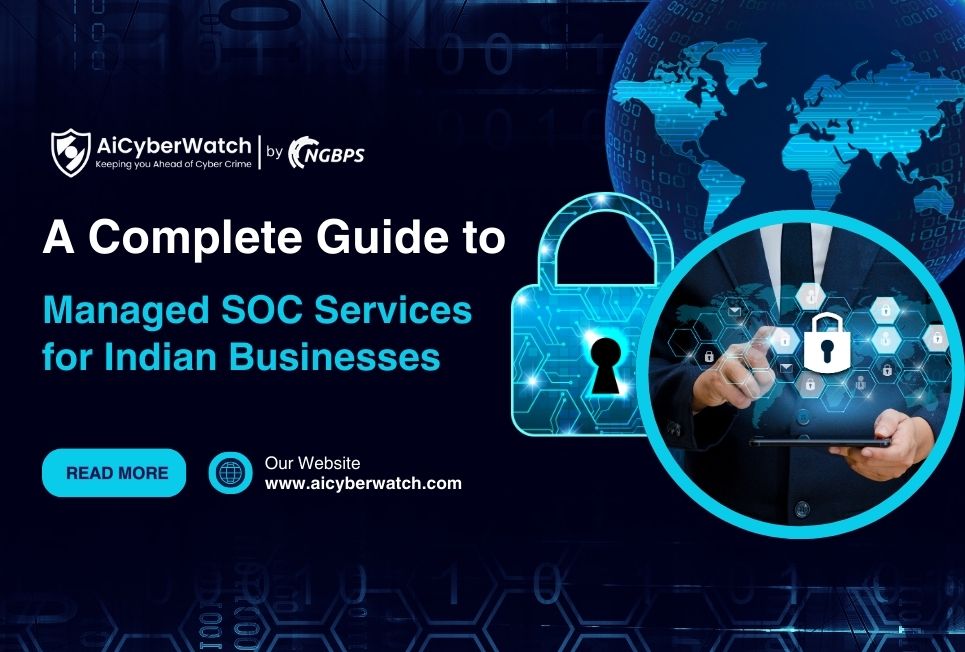As cyber threats continue to evolve, the Securities and Exchange Board of India (SEBI) has taken proactive steps to enhance the cybersecurity posture of financial institutions. The “New SEBI Cyber Security Framework” introduces significant changes designed to protect sensitive financial data, ensure business continuity, and maintain trust in India’s financial ecosystem.
Key Changes in the SEBI Cyber Security Framework
- Enhanced Governance and Risk Management
- SEBI now mandates stricter governance policies, requiring financial institutions to establish robust cybersecurity governance structures. This includes the appointment of a Chief Information Security Officer (CISO) who will be responsible for overseeing the implementation of cybersecurity measures across the organization.
- Institutions are also required to conduct regular risk assessments to identify vulnerabilities and ensure that appropriate mitigation strategies are in place.
- Advanced Security Monitoring and Incident Response
- To counter increasingly sophisticated cyber threats, SEBI has emphasized the need for real-time security monitoring and an effective incident response plan. Financial institutions are now expected to implement Managed SOC Services to monitor network traffic, detect anomalies, and respond promptly to security incidents.
- These services provide a 24/7 monitoring mechanism, ensuring that threats are identified and neutralized before they can cause significant damage.
- Data Protection and Privacy Measures
- The framework introduces stringent data protection requirements, ensuring that sensitive financial data is encrypted both at rest and in transit. Financial institutions must also establish protocols for secure data disposal and manage third-party risks effectively.
- Additionally, institutions must comply with the Data Privacy and Protection regulations to safeguard customers’ personal information and financial data.
- Regular Cybersecurity Audits and Compliance Reporting
- SEBI now requires financial institutions to conduct periodic cybersecurity audits to assess compliance with the new framework. These audits must be carried out by accredited cybersecurity firms to ensure objectivity and thoroughness.
- Institutions are also required to submit regular compliance reports to SEBI, detailing their cybersecurity practices, incident management, and risk assessment outcomes.
- Focus on Capacity Building and Awareness
- SEBI has recognized the importance of cybersecurity awareness among employees and stakeholders. Financial institutions must now invest in training programs to educate their workforce on the latest cybersecurity threats and best practices.
- This includes conducting regular cybersecurity drills and simulations to test the institution’s preparedness in handling potential cyber-attacks.
Implications for Financial Institutions
The new SEBI Cyber Security Framework places significant responsibilities on financial institutions in India. Compliance with these regulations is not just a legal obligation but also a critical step towards safeguarding the integrity of the financial system.
For financial institutions, this framework underscores the need to partner with a reliable Cyber Security Company in India that can provide comprehensive Managed SOC Services. By leveraging these services, institutions can ensure continuous monitoring, rapid incident response, and adherence to SEBI’s stringent cybersecurity requirements.
Moreover, the emphasis on regular audits and compliance reporting means that institutions must maintain a proactive approach to cybersecurity, regularly updating their policies and procedures to reflect the evolving threat landscape.
In conclusion, the new SEBI Cyber Security Framework is a robust initiative aimed at fortifying the cybersecurity defenses of India’s financial institutions. By embracing these changes, institutions can protect their assets, maintain customer trust, and contribute to the overall stability of the financial sector.
Read in Details about New SEBI Cyber Security Framework, Click Here







 Call Us
Call Us